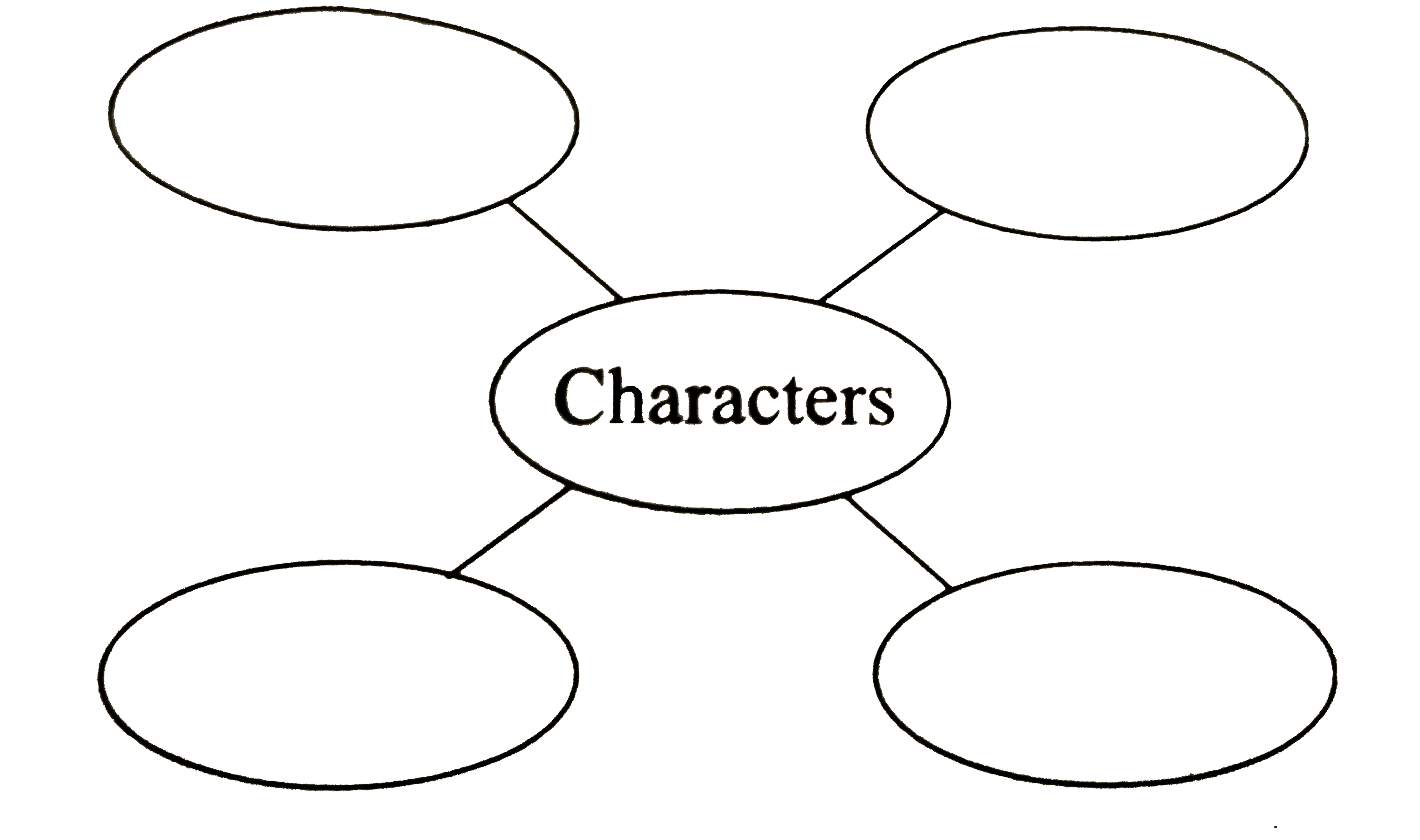Read the first activity ,read the extract and then do the all the activites :
We were an agrarian people . And my main hoddy in my early teens was to wander through paddy fields to see the different kinds of birds and how they nest. On the se had been many coconut trees and blacks palm trees. Beautifully crafted nests of the weaver-birds - thoookkanaam kuruvikal - would be seen dangling from the ends of plam leaves. Hunderds fo these little birds would land on the the paddy to squeeze the milk form the tender rice. They would come to the field when the young stalks come out of the rice-plants. At this stage of the paddy, my father would send me to our filed with a tin drum to scare these little birds balancing on the tender stalks and squeezing the milk their sharp beaks and fly aways with the stalks dangling in their beaks. I have alawys liked to see this sights also.
The nests of parrots were crafted holes in the trunks of plam trees. I continued to wonder how they made these holes on the hard trunks until I saw the patient work of the woodpeckers. They were the carpenters and their longs, sharp and strong beaks, chisels. They make the holes ( in search of worns inside the weak spots of the trunks) and the parrots occupy them . If I heard the sound tak, tak , tak I knew it was a woodpecker chiselling a hrad trunks. I would go after him . It seems that the woodpecker is the only bird which can walk perpendiculary on the tree trunks! How beautiful the sight was ! Its strong legs, red crest, the dark red stripe on the face and black beak and the tak, tak, tak, sound used to captivate me .
Complete the flow chart:

Topper's Solved these Questions
- FEBRUARY 2019BOOK - GURUKUL PUBLICATION - MAHARASHTRA PREVIOUS YEAR PAPERSCHAPTER - FEBRUARY 2019EXERCISE - SECTION - I (NOTE - MAKING):
1 Videos
- FEBRUARY 2019BOOK - GURUKUL PUBLICATION - MAHARASHTRA PREVIOUS YEAR PAPERSCHAPTER - FEBRUARY 2019EXERCISE - SECTION - II
4 Videos
- FEBRUARY 2018 BOOK - GURUKUL PUBLICATION - MAHARASHTRA PREVIOUS YEAR PAPERSCHAPTER - FEBRUARY 2018 EXERCISE - Section-D
8 Videos
- JULY 2016BOOK - GURUKUL PUBLICATION - MAHARASHTRA PREVIOUS YEAR PAPERSCHAPTER - JULY 2016EXERCISE - SECTION - B
11 Videos
Similar Questions
Read the following extract and complete the note given below:
The small village of Somnathpur contains an extraordinary temple , built around 1268 A.D by the Hoyasalas of Karnatka - one of the most prolific temple builders. Belur and Helebid are among their better-known works. While these suffered during the invasion of the 14th century , the Somnathpur temple stands more or less intact in near-original condition. The small temple captivates with the beauty and vitality of its detailed sculpture, covering almost every inch of the walls, pillars and even ceilings. It has three Shikhars and stands on a star-shaped raised platform with 24 edges. The outer walls have a profusion of detailed carvings : the entire surface run over by carbed plaques of stone . There were vertical panels covered by exquisite figures of God and Goddesses. with many incarnations being depicted . There were nymphs too, some carrying an ear of maize , a symbol of plenty and prosperity. The elaborate ornamentation very characteristic of Hoyasala sculptures was a remark.ab) feature. On closer look-and it is worth it- the series of friezes on the outer walls revealed intricately carved capariosned elephants, charging horsemen , stylized flower and warriors.
Somnathpur Temple
(1) Location :....................
(2) Year : 1268 A.D
(3) Captivates with : .............
(4) Captivates with : ................
Sturctural featues :
(i) Three Shikhars
(ii) Star- Shaped platform with 24 edges
(iii) Outer wall carving,............ charging horsemen,.......... and warriors.
(vi) Nymphs - symbols of .............
View SolutionRead the following extract and the do all the activities that follow :
How do you know
Peace is a woman ?
I know for
met her yesterday
on my winding way
to the world's fare ,
She has such a wonderful face
just like a golden flower faded
before her prime .
I asked her why
She was so sad ?
he told me her baby
was killed in Auschwitz .
her daughter in Hiroshima
and her sons in Vietnam,
Ireland , Israel , Palestine , Lebanon
Bosnia, Rwanda, Kosovo and Chechnya..
Web
Complete the following web by listing characters mentioned in the extract :

View SolutionWrite a letter of application in response to the following advertisement with the help of the given C.V. (Resume) :

C.V. (Resume)
Name : Aruna Anil Shinde
Address : B1-104, Rose Parade, S.B. Road, Nagpur.
Educational Qualifications :

Other Qualifications : Successfully completed Computer Diploma from NIIT, Nagpur-2014
Work Experience : Worked as the Purchase Officer in Login Private Ltd., Nagpur.
Interest/Hobbies : Reading, music, swimming, chass.
Languages Known : English, Marathi, Hindi, Gujarati.
View SolutionRead the following extract and answer the questions
given below :
If you do not lowered in your eyes
While you raise yourself in those of others
If you do not given in to gossips and lies
Rather heed them not , saying , ' Who bothers ' ?
You may be the person I am looking for .
If you crave not for praise when you win
And look not sympathy while you lose
If cheers let not your head toss or spin
And after a set - back you offer no excuse .
You may be the person I am looking for .
What care should you take while raising yourself in
the eyes of others ?
View Solutionकिन्ही दो संयोजक कड़ी वाले जन्तुओ के नाम तथा वे किस संघ से संबंधित कड़ी है, बताइए!
View Solutionधारामापी को अमीटर में किस प्रकार परिवर्तित करते हैं?
View Solutionकिसी प्रत्यावर्ती धारा परिपथ में वोल्टेज V तथा धारा l तब शक्ति क्षय होता हैं -
View Solutionदिल्ली स्टेशन से, यदि हम 2 टिकट स्टेशन A के तथा 3 टिकट स्टेशन B के खरीदते हैं तो इनका कुल मूल्य १ 77 है परन्तु यदि हम 3 टिकट स्टेशन A के तथा 5 टिकट स्टेशन B के खरीदते हैं, तो इनका कुल मूल्य र124 है। दिल्ली से स्टेशन A तथा स्टेशन B तक टिकट के मूल्य ज्ञात कीजिए।
View Solutionएक राजमार्ग पर दो बिन्दु A और B एक दूसरे से 90 किमी की दूरी पर है। एक कार A से तथा दूसरी कार B से एक साथ चलती हैं। यदि वे एक दिशा में चलती हैं, तो वे 9 घण्टे बाद मिलती हैं और वे विपरीत दिशा में चलती हैं, तो 97 घण्टे बाद मिलती है। उनकी चाल ज्ञात कीजिए।
View Solutionश्री मोहित ने एक निश्चित दूरी के लिए ट्रेडमिल पर चलने का फैसला किया है। पहले दिन, वह एक निश्चित गति से चलता है। अगले दिन, वह ट्रेडमिल की गति को 1 किमी/घंटा बढ़ाता है, वह 6 मिनट कम लेता है और यदि वह गति को 1 किमी/घंटा कम करता है, तो वह 9 मिनट अधिक लेता है। उसने प्रतिदिन कितनी दूरी चलने का निश्चय किया?
View Solutionएक परीक्षा में पास होने वाले तथा पेल होने वालो का अनुपात 3 : 1 था। यदि परीक्षा में 8 विद्यार्थी ज्यादा बैठते तथा 6 कम पास होते तो पास होने तथा फेल होने वालों का अनुपात 2 : 1 है। परीक्षा में कितने विद्याया बेठ थे?
View Solutionसमस्याओ में रेखिक समीकरणों के युग्म बनाइए और उनके हल (यदि उनका अस्तित्व हो ) विलोपन विधि से ज्ञात कीजिए :
यदि हम अश में 1 जोड़ दे तथा हर में से 1 घटा दे , तो भिन्न 1 में बदल जाती है । यदि हर में 1 जोड़ दे तो यह 12 हो जाती है । वह भिन्न क्या है ।
View Solutionसमस्याओ में रैखिक समीकरणो के युग्म बनाइए और अनके हल ( यदि उनका अस्तित्व हो ) किसी बीजगणितीय विधि से ज्ञात कीजिए :
यश ने एक टेस्ट में 40 अंक अर्जिक किये, जब उसे प्रत्येक सही उत्तर पर 3 अंक मिले तथा अशुध्द उत्तर पर 1 अंक की कटौती की गई । यदि उसे सही उत्तर पर 4 अंक मिलते तथा अशुध्द उत्तर पर 2 अंक कटते , तो यश 50 अंक अर्जिक करता । टेस्ट में किनते प्रश्न थे ?
View Solutionसमस्याओ को रेखिक समीकरण युग्म के रूप में व्यक्त कीजिए और फिर उनके हल ज्ञात कीजिए :
2 महिलाए एव 5 पुरुष एक कसीदे के काम को साथ - साथ 4 दिन में पूरा कर सकता है , जबकि 3 महिलाए एव 6 पुरुष इसको 3 दिन में पूरा कर सकते है । ज्ञात कीजिए की इसी कार्य को करने में एक अकेली महिला कितना समय लेगी ? पुन इसी कार्य को करने में एक पुरुष कितना समय लेगा ?
View SolutionKCl, NaCl प्रकार के समान जालक में क्रिस्टलीकृत होता है । दिया है rNa+/rCl−=0.55 तथा rK+/rCl−=0.74 तब KCl तथा NaCl के लिए इकाई सेल के किनारो का अनुपात ज्ञात कीजिए :
View Solutionप्रथम पुनर्योगज DNA का निर्माण किसमें हुआ था ?
View Solution

